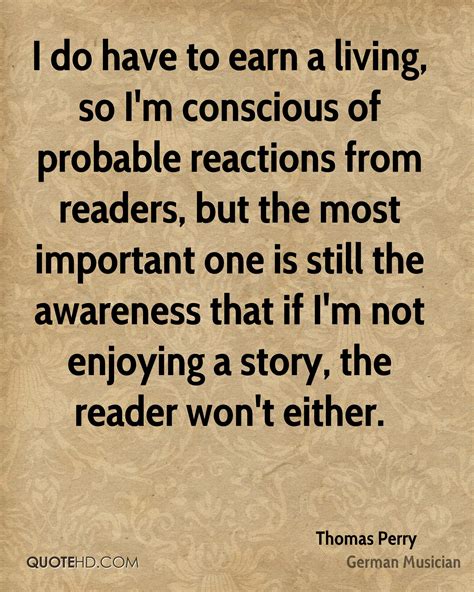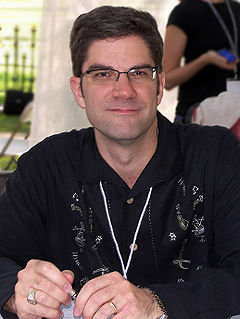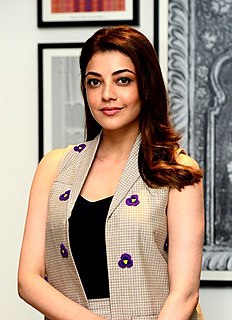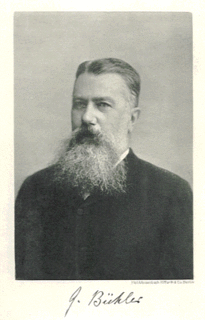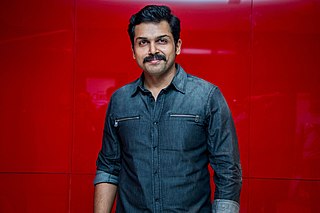A Quote by Thomas Perry
Contrary to what many writers imply about the process, nobody forces a writer to sell his work to the film industry.
Related Quotes
No one forces me, or any other writer, to sell a film option on the books. If you don't want to run the risk that the filmmakers may adapt your work in a way you don't like, then you don't sell the option. You know when you sell it that they will have to make some changes, just because film and TV are different media than books.
Nobody becomes a writer overnight. Well, I'm sure somebody did, but that person's head probably went all asplodey from paroxysms of joy, fear, paranoia, guilt and uncertainty. Celebrities can be born overnight. Writer's can't. Writers are made - forged, really, in a kiln of their own madness and insecurities - over the course of many, many moons. The writer you are when you begin is not the same writer you become.
Many writers hate the shilling process, and I understand that. However, it's really the only thing about the publication process you can somewhat control. You can't affect reviews. But you can try to find your book an audience. One of the problems with the book publishing industry is that their publicity efforts tend to be spent on people who already read, and know how to discover, literary fiction.
The process of writing can be a powerful tool for self-discovery. Writing demands self-knowledge; it forces the writer to become a student of human nature, to pay attention to his experience, to understand the nature of experience itself. By delving into raw experience and distilling it into a work of art, the writer is engaging in the heart and soul of philosophy - making sense out of life.
The writer is a definite human phenomenon. He is almost a type - as pugilists are a type. He may be a bad writer - an insipid one or a clumsy one - but there is a bug in him that keeps spinning yarns; and that bulges his brow a bit, narrows his jaws, weakens his eyes and gives him girl children instead of boys. Nobody but a writer can write. People who hang around writers for years - as producers did - who are much smarter and have much better taste, never learn to write.
It feels as though a very disproportionate number of main characters are writers, because that's what the writer knows. Fair enough. But nothing bothers me more in a movie than an actor playing a writer, and you just know he's not a writer. Writers recognize other writers. Ethan Hawke is too hot to be a writer.
For me writing is a long, hard, painful process, but it is addictive, a pleasure that I seek out actively. My advice to young writers is this: Read a lot. Read to find out what past writers have done. Then write about what you know. Write about your school, your class, about your teachers, your family. That's what I did. Each writer must find his or her own kind of voice. Finally, you have to keep on writing.
That's one thing I like about Hollywood. The writer is there revealed in his ultimate corruption. He asks no praise, because his praise comes to him in the form of a salary check. In Hollywood the average writer is not young, not honest, not brave, and a bit overdressed. But he is darn good company, which book writers as a rule are not. He is better than what he writes. Most book writers are not as good.
